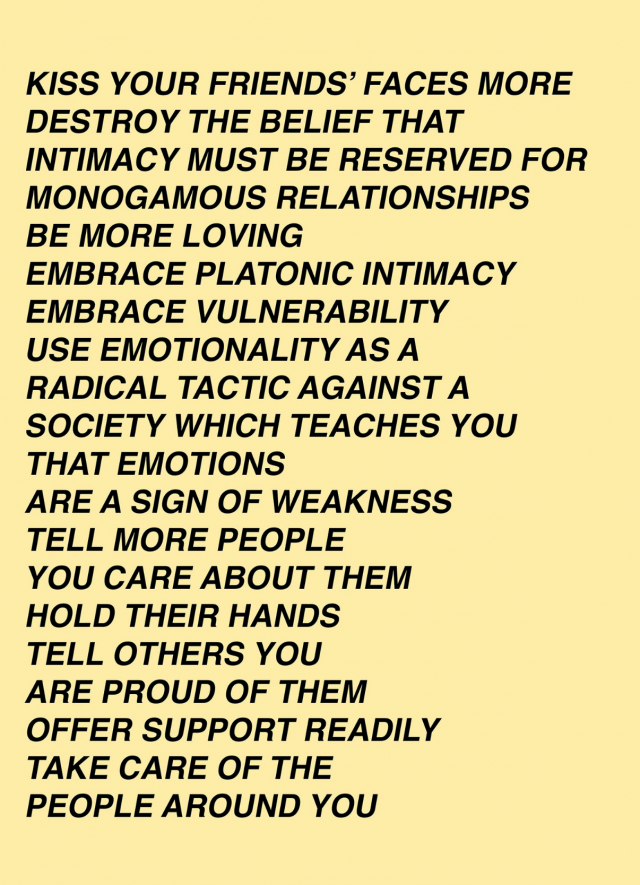I organized a little meet-up of Brown and RISD grads I knew in Oakland, recently, and was reminded that many of them I knew through working at the Brown Design Workshop.
Since moving to the West coast, I haven't had access to a "workshop"-style space. A messy, communal space. I love spaces like this because of the relationships they help build—where, without forcing it, you can spend a lot of time with people of similar interests—and because they act similarly to a home "junk drawer." Stuff can accumulate until it finds utility by someone, for something, at some point. A natural pressure-release valve in the circulation of material in the world (but you need to make the time to sift through it...).
Now that I'm doing field work, I've gained access to some of the instrument prep & testing spaces on university campus. The spaces are fairly locked-up, due to how expensive the tools are, but finally, I have a beat-up workbench that I can commandeer for a few days at a time. Whew!
I appreciate working on physical objects (in contrast to conceptual or analytical work) because problems tend not to hide themselves: every aspect of the entity is present, whether you thought about it or not. (Whereas, with conceptual objects, they have the possibility of bringing along baggage you didn't prepare for.) My boss at the BDW, Chris Bull, once said that "there is an indelible truth in the construction of physical objects."
Physical objects, too, rarely have a sense of starting "from scratch." You're always starting within a material, within a budget, within a spatial constraint. When doing open-ended analytical work, I can tie myself into a knot fretting about how early decisions will dictate my end results. When I'm working in a messier material reality, I find it easier to just start putting stuff together. (Maybe it's a childhood of LEGO...)
It's a dream of mine to (help) run a community space. I love thinking about the physical and social conditions that make for effective working and sharing space, be it a woodshop, library, co-working space, or dance studio. There is so much value in bringing some zones of action out of the home and into public or shared spaces; it prompts forming communities and sharing costs.
Since moving to the West coast, I haven't had access to a "workshop"-style space. A messy, communal space. I love spaces like this because of the relationships they help build—where, without forcing it, you can spend a lot of time with people of similar interests—and because they act similarly to a home "junk drawer." Stuff can accumulate until it finds utility by someone, for something, at some point. A natural pressure-release valve in the circulation of material in the world (but you need to make the time to sift through it...).
Now that I'm doing field work, I've gained access to some of the instrument prep & testing spaces on university campus. The spaces are fairly locked-up, due to how expensive the tools are, but finally, I have a beat-up workbench that I can commandeer for a few days at a time. Whew!
I appreciate working on physical objects (in contrast to conceptual or analytical work) because problems tend not to hide themselves: every aspect of the entity is present, whether you thought about it or not. (Whereas, with conceptual objects, they have the possibility of bringing along baggage you didn't prepare for.) My boss at the BDW, Chris Bull, once said that "there is an indelible truth in the construction of physical objects."
Physical objects, too, rarely have a sense of starting "from scratch." You're always starting within a material, within a budget, within a spatial constraint. When doing open-ended analytical work, I can tie myself into a knot fretting about how early decisions will dictate my end results. When I'm working in a messier material reality, I find it easier to just start putting stuff together. (Maybe it's a childhood of LEGO...)
It's a dream of mine to (help) run a community space. I love thinking about the physical and social conditions that make for effective working and sharing space, be it a woodshop, library, co-working space, or dance studio. There is so much value in bringing some zones of action out of the home and into public or shared spaces; it prompts forming communities and sharing costs.

It's too bad, I think, that the word "codependence" has negative connotations (of a mutual negatively-enabling relationship), because the idea of shared dependence is one I want to circle around more. There are so many forces pushing towards individually atomised action (in the USA, at least)—deep-rooted pride in "independence," fungible labor, social alienation. I want to do more stuff together, and recognize that I depend on my family, friends, mentors, coworkers, and community for everything. Depending on each other—in light, healthy, collective kind of ways—builds intimacy and community. Of course we're all co-dependent. (But not in that way.) Community spaces are one place to start.
Indelibly,
Lukas
You just read issue #22 of Gnamma. You can also browse the full archives of this newsletter.